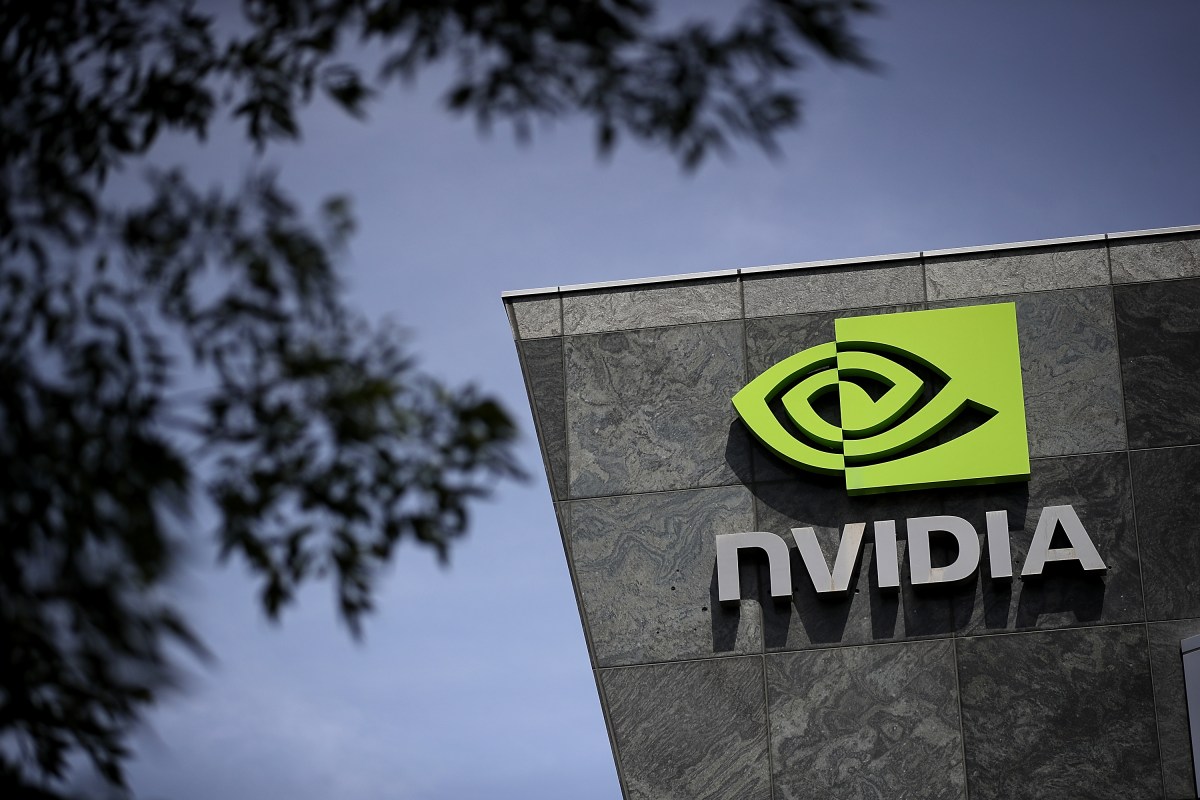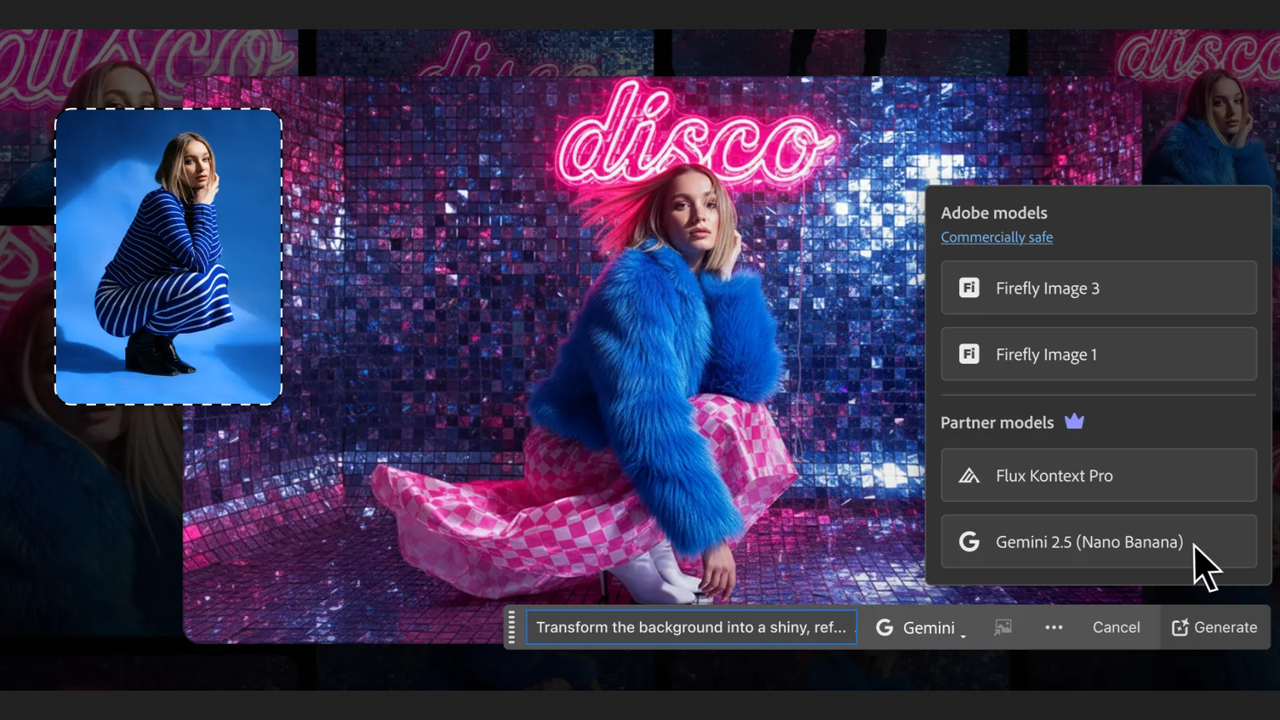
LA Comic Con Pursues AI-Powered Stan Lee Hologram
Los Angeles Comic Con is planning an artificial‑intelligence‑driven hologram of Stan Lee, aiming to let fans interact with a digital version of the Marvel legend. The concept builds on the convention’s earlier use of a volumetric hologram for Boffo the Bear, which relied on live motion capture. This new venture will combine the holographic platform created by Proto Hologram with an AI model supplied by Hyperreal, a firm that focuses on digital identity ownership. Organizers hope the avatar will answer questions about the Marvel universe while staying true to Lee’s own words.










